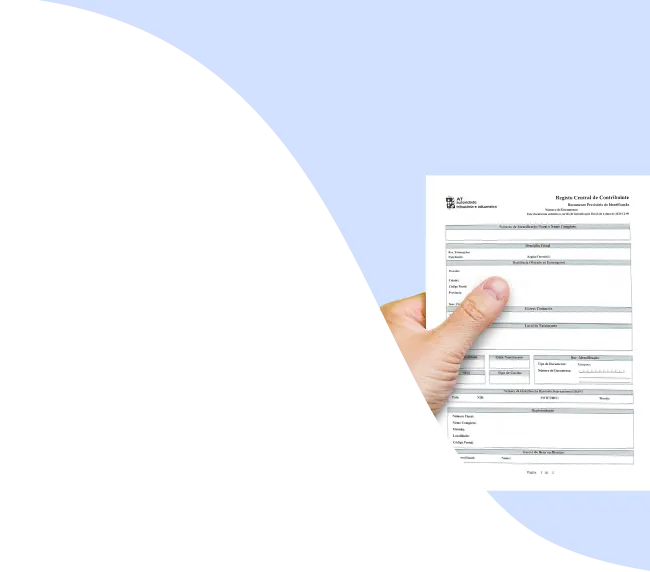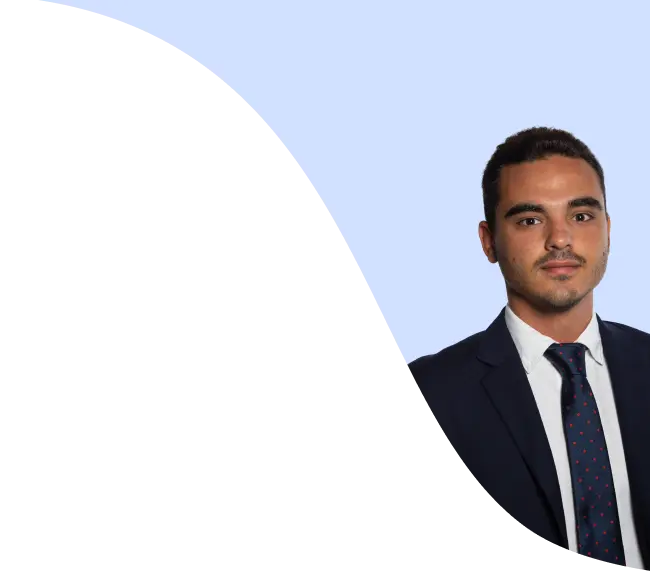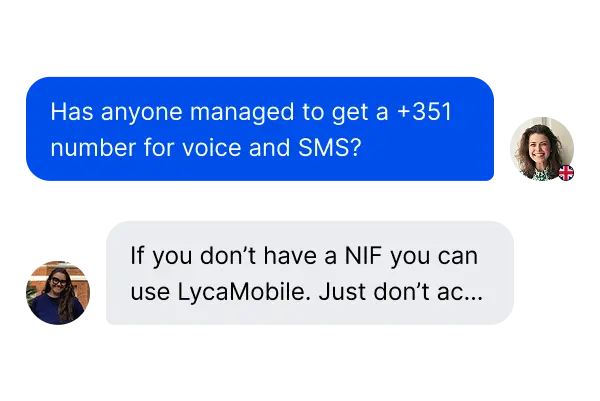Comment est le système éducatif portugais ?
Le système éducatif du Portugal est bien structuré et régulé par le Ministério da Educação et le Ministério da Ciência, Tecnologia, e Ensino Superior. L'éducation est obligatoire pour les enfants âgés de 6 à 18 ans et gratuite dans les établissements publics jusqu'à l'école secondaire. Pour ceux qui recherchent des voies alternatives, les écoles privées et les institutions internationales offrent des programmes spécialisés et bilingues.
Le système est divisé en cinq étapes principales :
- Crèche (Infantário) : Âges 0–3
- École maternelle (Educação Pré-Escolar) : Âges 3–6
- Éducation de base (Ensino Básico) : Âges 6–15
- Éducation secondaire (Ensino Secundário) : Âges 15–18
- Enseignement supérieur (Ensino Superior) : 18+
Chaque étape répond à des besoins de développement spécifiques et prépare les élèves à la phase suivante, en mettant l'accent sur l'inclusivité et l'accessibilité pour tous, y compris les locuteurs non natifs du portugais.
Comment est l'éducation de la petite enfance (Educação de Infância ou Infantário) ?
Crèche (Infantário) : Âges 0–3
Les crèches, ou infantários, offrent des soins pour les enfants de la naissance à trois ans, en se concentrant sur le développement social et moteur. Elles aident également les parents à équilibrer vie de famille et vie professionnelle en proposant des horaires flexibles.
- Crèches publiques et subventionnées : Les crèches publiques sont souvent gérées par des partenariats avec des Instituições Particulares de Solidariedade Social (IPSS), qui subventionnent les coûts en fonction des revenus familiaux. Les frais peuvent varier de 20 € à 400 € par mois, ce qui en fait un choix populaire. Ces dernières années, le gouvernement a élargi les places gratuites pour les inscriptions de première année.
- Crèches privées : Les établissements privés offrent plus d'équipements mais à un coût plus élevé, variant de 400 € à 1 000 € par mois. Ils ont souvent des listes d'attente plus courtes que les crèches publiques.
- Processus d'inscription : L'inscription a généralement lieu de mars à mai pour un début en septembre. La documentation requise comprend une preuve de revenus, de résidence et les dossiers de vaccination de l'enfant.
École maternelle (Educação Pré-Escolar) : Âges 3–6
L'école maternelle est optionnelle mais fortement encouragée pour préparer les enfants à l'éducation formelle. Elle favorise l'alphabétisation précoce, la numératie et les compétences sociales à travers des activités structurées.
- Écoles maternelles publiques : Celles-ci sont gratuites et gérées par des municipalités ou des organisations IPSS, offrant des sessions quotidiennes de 5 heures avec des services de soutien familial supplémentaires tels que des repas et des horaires prolongés.
- Écoles maternelles privées : Ces écoles facturent des frais de scolarité, généralement compris entre 200 € et 800 € par mois. De nombreux établissements privés proposent des programmes bilingues, ce qui les rend attrayants pour les familles expatriées.
- Inscription : Les parents peuvent s'inscrire en ligne via le Portal das Matrículas ou directement dans leur école locale. Les documents requis comprennent le certificat de naissance de l'enfant, les dossiers de vaccination et une preuve de résidence.
Comment est l'éducation de base (Ensino Básico) au Portugal ?
Éducation de base (Ensino Básico) : Âges 6–15
L'éducation de base au Portugal est obligatoire et s'étend sur neuf ans, divisée en trois cycles :
- Premier cycle (1.º Ciclo) : Classes 1–4—Âges 6–10
- Deuxième cycle (2.º Ciclo) : Classes 5–6—Âges 10–12
- Troisième cycle (3.º Ciclo) : Classes 7–9—Âges 12–15
Le programme vise à fournir des connaissances fondamentales en portugais, mathématiques, sciences, histoire, éducation physique et arts.
- Écoles publiques : En fonction de la résidence de la famille, les écoles attribuent des places aux élèves gratuitement. Bien que les frais de scolarité soient gratuits, les parents paient pour les repas, les fournitures et les activités parascolaires. Les repas sont subventionnés pour les familles à faible revenu.
- Écoles privées : Celles-ci facturent des frais de scolarité variant de 300 € à 1 000 € par mois. Elles présentent souvent des classes de taille plus réduite, des ressources supplémentaires et des programmes parascolaires.
- Soutien linguistique pour les immigrants : Les locuteurs non natifs sont éligibles aux cours de Português Língua Não Materna (PLNM), qui les aident à s'intégrer et à réussir académiquement.
- Exigences d'inscription : Les familles doivent fournir une preuve de résidence, le certificat de naissance de l'enfant, les dossiers de vaccination et les relevés de notes précédents. Les documents provenant de l'étranger peuvent nécessiter une traduction et une certification par apostille.
Comment est l'éducation secondaire (Ensino Secundário) au Portugal ?
Éducation secondaire (Ensino Secundário) : Âges 15–18
L'éducation secondaire se divise en voies académique, professionnelle et artistique pour préparer les élèves à l'enseignement supérieur ou aux carrières professionnelles.
- Voies :
- Cours scientifiques et humanistes : Destinés à l'admission à l'université.
- Cours professionnels : Ces cours se concentrent sur les compétences techniques pour le marché du travail.
- Cours artistiques : Spécialisations en arts visuels, musique ou design.
- Éducation des adultes : Pour les personnes revenant à l'éducation plus tard dans la vie.
- Coûts : L'éducation secondaire publique reste gratuite, bien que les familles couvrent les coûts des matériaux et des activités. Les écoles secondaires privées facturent entre 500 € et 1 500 € par mois.
Comment est l'enseignement supérieur (Ensino Superior) au Portugal ?
Enseignement supérieur (Ensino Superior) : Âges 18+
Le système d'enseignement supérieur du Portugal comprend des universités et des instituts polytechniques. Les programmes s'alignent sur le Processus de Bologne européen, rendant les diplômes reconnus internationalement.
- Diplômes offerts :
- Licenciatura (Diplôme de Bachelor) : Trois ans, ou cinq pour les programmes de master intégrés.
- Mestrado (Diplôme de Master) : Deux ans.
- Doutoramento (Doctorat) : Trois à quatre ans.
- Coûts : Les frais de scolarité des universités publiques varient de 697 € à 1 500 € par an pour les résidents de l'UE et de 2 000 € à 7 000 € pour les étudiants internationaux. Les établissements privés facturent entre 4 000 € et 20 000 € par an.
- Programmes enseignés en anglais : De nombreuses universités proposent des programmes de master et de doctorat enseignés en anglais dans des domaines tels que les affaires, l'ingénierie et le droit.









































